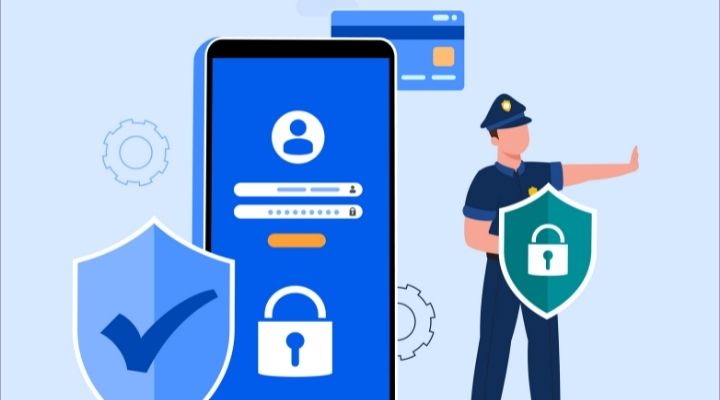How to Secure Your Smartphone from Getting Hacked: A Comprehensive Guide
In today’s digital age, smartphones have become indispensable devices, storing a wealth of personal and sensitive information. Unfortunately, this makes them prime targets for cybercriminals. To protect your device from potential threats, it’s essential to implement robust security measures. Here’s a comprehensive guide to help you safeguard your smartphone:

1. Strong Passcodes and Biometric Authentication
- Complex Passcodes: Avoid using simple or easily guessable passcodes like “123456” or “password.” Instead, create a strong combination of uppercase and lowercase letters, numbers, and symbols.
- Biometric Authentication: Utilize fingerprint or facial recognition technology to add an extra layer of security. These features make it significantly more difficult for unauthorized users to access your device.
2. Keep Your Software Updated
- Regular Updates: Ensure your operating system and apps are always up-to-date. Software updates often include security patches that address vulnerabilities and protect against emerging threats.
- Automatic Updates: Enable automatic updates for your device and apps to simplify the process and ensure timely protection.
3. Install Trusted Security Apps
- Antivirus and Anti-Malware: Invest in a reputable mobile security app that offers comprehensive protection against malware, viruses, and other threats.
- Real-time Protection: Look for apps that provide real-time scanning and alerts to detect and neutralize potential threats.
4. Avoid Public Wi-Fi Networks
- Unsecured Connections: Public Wi-Fi networks are often unsecured and can be easily compromised by hackers. Avoid accessing sensitive information, such as banking details or passwords, over public Wi-Fi.
- VPN Protection: If you must use public Wi-Fi, consider using a Virtual Private Network (VPN) to encrypt your connection and protect your data.
5. Enable Two-Factor Authentication (2FA)
- Added Security: 2FA requires a second form of verification, such as a code sent to your phone or email, in addition to your password. This significantly reduces the risk of unauthorized access.
- Widely Supported: Enable 2FA for all accounts that support it, including email, social media, and online banking.
6. Be Cautious with App Permissions
- Review Permissions: Carefully review the permissions requested by apps before installing them. Grant only the permissions that are necessary for the app’s functionality.
- Limit Access: Avoid granting excessive permissions, as they can expose your personal data to potential risks.
7. Regularly Back Up Your Data
- Data Protection: Create regular backups of your smartphone’s data to protect it from loss or damage. This is especially important in case of theft, hardware failure, or a cyber attack.
- Cloud Storage: Utilize cloud-based storage services like Google Drive or iCloud for easy and automatic backups.
8. Avoid Clicking on Suspicious Links
- Phishing Scams: Be wary of clicking on links in emails, text messages, or social media posts, especially if they seem suspicious or unsolicited.
- Verify Sources: Always verify the sender’s identity and the legitimacy of the link before clicking on it.
9. Monitor Your Accounts Regularly
- Unusual Activity: Keep an eye on your online accounts for any unusual activity, such as unauthorized transactions or changes to your personal information.
- Report Suspicious Behavior: If you notice anything suspicious, report it to the relevant authorities or service providers immediately.
By following these best practices, you can significantly enhance your smartphone’s security and protect yourself from cyber threats. Stay vigilant and proactive in safeguarding your digital life.
FAQs
How often should I update my smartphone’s software?
It’s recommended to install software updates as soon as they become available to ensure optimal security and performance.
What are some common signs of a hacked smartphone?
Unusual battery drain, unexpected app behavior, unsolicited messages, and unauthorized charges are potential indicators of a compromised device.
Can I recover my data if my smartphone is hacked?
Regular backups can help you recover your data in case of a hack or other security incident.




